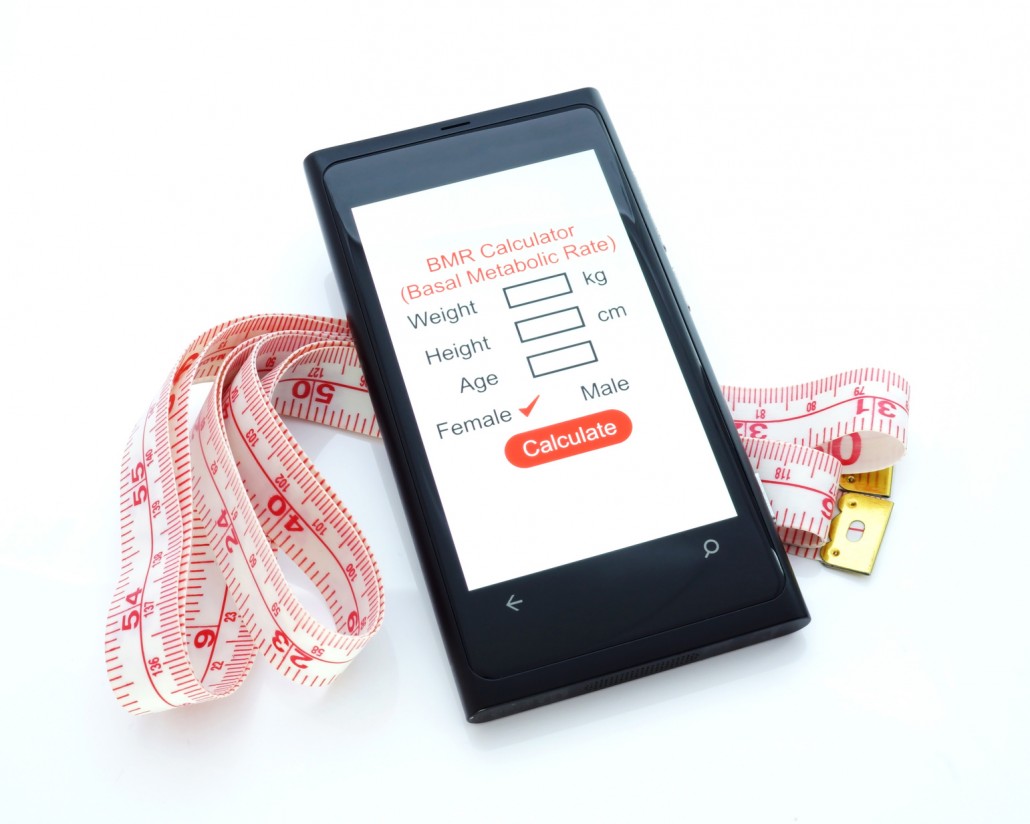Get instant access to cutting edge Nutrition, Fitness and Health tips and YES even Healthy Recipes.

The BMR calculator is one of the most widely used measuring tools in determining ones Basal Metabolic Rate or (base).
What is your Basal Metabolic Rate?
The amount of energy or (calories) your body burns in a “resting” or “non-active” state.
This tool is often used by dietician, personal trainer or individuals in conjunction with the BMI or Body Mass Index calculator. The BMI calculator is a measuring tool to help you find your healthy body. The BMR calculator is used to help figure out how many calories you should be consuming to help get you to that healthy body weight.
So, here is where most individual and yes even a lot of our trusted professionals go wrong while using this standard measuring tool.
As I have stated in numerous blogs and articles in the past “muscle” is calorie active tissue ‘meaning’ it is the physical place where fat and calories are burned for energy. Fat is simply stored energy.
If you can grasp this concept, then you will also understand that when using the BMR calculator to help reach your Weight- loss goal you must take into account your body fat percentage. Why? So you can then accurately calculate the right amount of calories based on calorie active tissue (your true fat burning machine) not overall body weight.
Here are 3 simple suggestions in helping you determine your daily calorie needs while using a BMR calculator.
1) Go to a “trusted source” either a recommended local personal trainer or health professional and have your body-fat level taken.
2) Take your body-fat level and subtract it from your current body weight to determine your “lean body mass”.
Example: if you’re 150 lbs and you have a body-fat level of 22%
Take: 150 – 22% = 117
Your lean body mass is 117 pounds.
3) Search the internet for a BMR calculator.
Punch in the 4 calculating components it will ask you for:
But now in the weight category you’ll want to plug in your lean body mass not your current body weight:
This will give you the amount of calories needed to maintain your current body weight. Consuming more calories than that will equal weight gain. Consuming fewer calories than that will equal weight loss.
Although this is a good ‘basic guideline’ please remember, this is only a tool and there are many other factors that go into a success weight loss plan.

Get instant access to cutting edge Nutrition, Fitness and Health tips and YES even Healthy Recipes.
